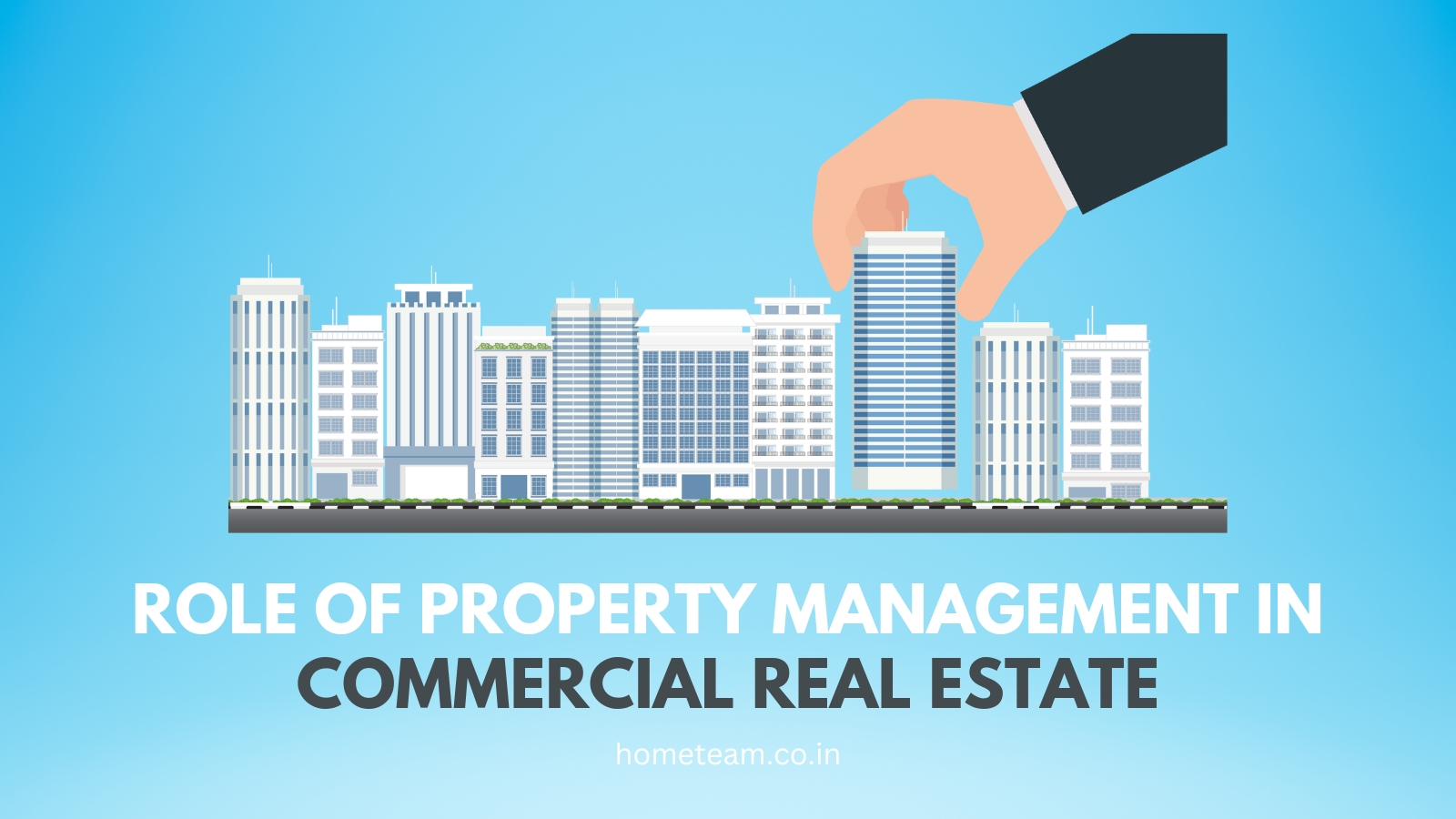Role of Property Management in Commercial Real Estate
Property management is the oversight of real estate by a third party, normally a professional property manager or property management company. Property managers can manage many different types of property, including commercial, residential, and industrial properties. They are responsible for the day-to-day operations of the property, from screening tenants to arranging for repairs and maintenance.
Property management plays a vital role in the commercial real estate industry. Property managers help to ensure that commercial properties are well-maintained, profitable, and attractive to tenants. They also help to protect the investment of commercial property owners.
Here are some of the key roles of property management in commercial real estate:
Tenant relations: Property managers are responsible for screening tenants, negotiating leases, and managing the tenant relationship. They also handle tenant complaints and requests.
Maintenance and repairs: Property managers are responsible for arranging for preventive maintenance and repairs to the property. They also oversee any major renovations or capital improvements.
Financial management: Property managers are responsible for collecting rent, paying bills, and managing the property's budget. They also handle financial reporting to the property owner.
Compliance: Property managers are responsible for ensuring that the property complies with all applicable laws and regulations. This includes building codes, fire codes, and environmental regulations.
Benefits of property management in commercial real estate
Expertise: Property managers have the expertise and experience to manage the day-to-day operations of a commercial property. This frees up the property owner to focus on their other business interests.
Time savings: Property management can be a time-consuming job. By working with a property manager, property owners can save time and focus on their other priorities.
Cost savings: Property managers can help to save property owners money by negotiating favorable contracts with vendors and suppliers. They can also help to identify and implement energy-saving measures.
Peace of mind: Property managers can give property owners peace of mind knowing that their property is in good hands. They are responsible for handling all aspects of property management, from tenant relations to maintenance and repairs.
How to choose a property manager
When choosing a property manager, it is important to consider the following factors:
Experience: Choose a property manager with experience managing commercial properties of similar size and type to your property.
References: Ask for references from other property owners who have worked with the property manager.
Fees: Property managers typically charge a percentage of the rent collected as their fee. Be sure to compare fees from different property managers before making a decision.
Services: Property managers offer a variety of services. Be sure to choose a property manager that offers the services that you need.
Property management plays a vital role in the commercial real estate industry. Property managers help to ensure that commercial properties are well-maintained, profitable, and attractive to tenants. They also help to protect the investment of commercial property owners.
If you are a commercial property owner, consider working with a professional property manager to save time, money, and hassle.
FAQs
Property management in commercial real estate involves overseeing and maintaining commercial properties on behalf of property owners or investors. This includes tasks such as rent collection, tenant relations, property maintenance, and financial reporting.
Property management is crucial for ensuring the smooth operation and profitability of commercial real estate investments. It helps property owners maximize their returns by keeping the property occupied, well-maintained, and in compliance with local regulations.
Commercial property managers have various responsibilities, including tenant screening and leasing, rent collection, property maintenance and repairs, financial management, and ensuring compliance with building codes and zoning regulations. They also handle tenant concerns and address any issues that may arise during the lease term.
Effective property management can significantly impact the value of a commercial property. Well-managed properties tend to have higher occupancy rates, lower maintenance costs, and better lease terms, which can enhance the property's cash flow and overall value. It also helps maintain the property's physical condition, preserving its long-term value.
When selecting a property management company, consider their experience in managing commercial properties, their track record, the services they offer, and their fee structure. It's also important to assess their communication skills, responsiveness, and the technology they use to streamline management tasks. Lastly, check for references and client reviews to gauge their reputation in the industry.










